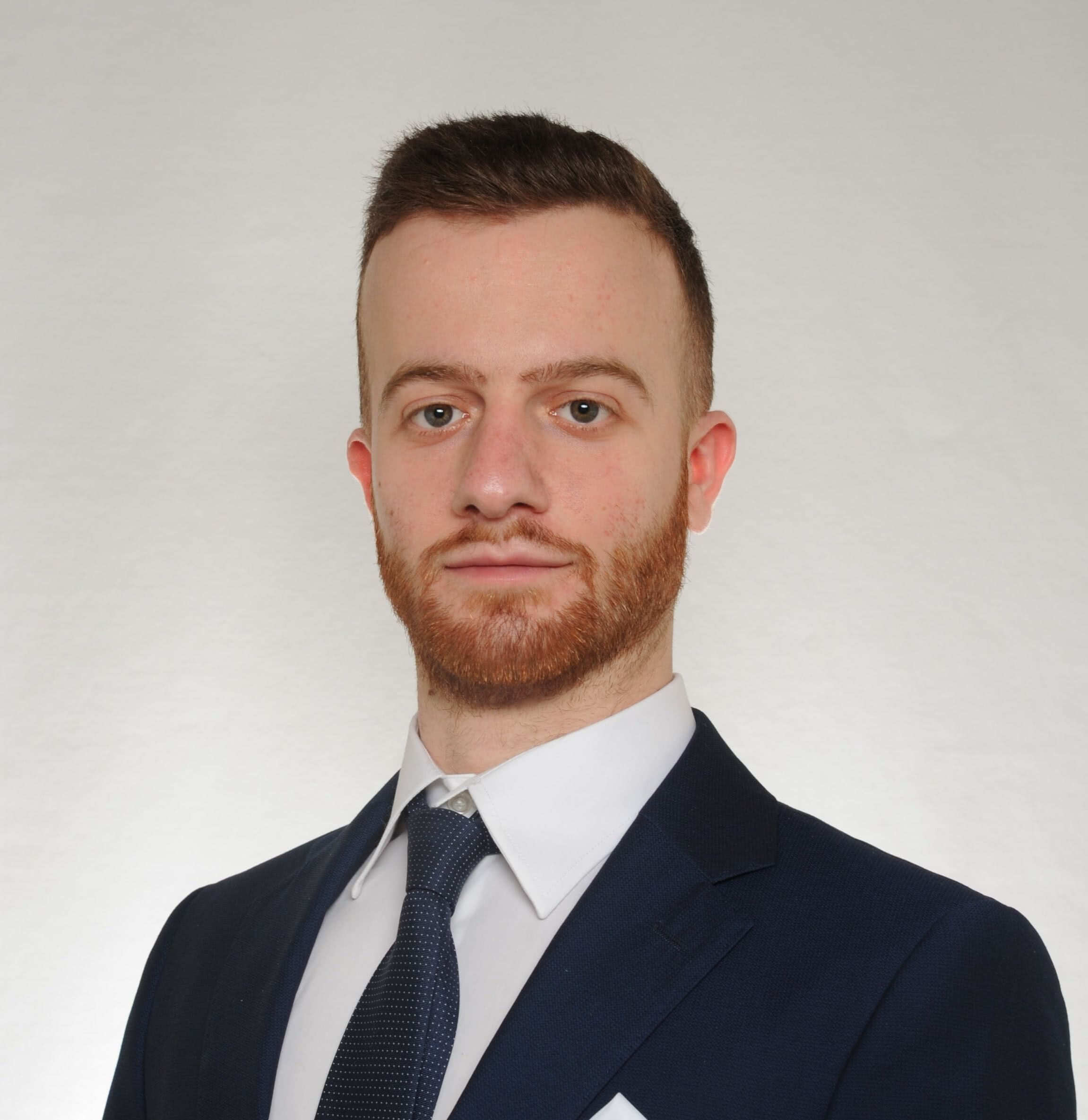Author: Marco Ghisetti – 18/03/2021
It has become customary to interpret the 2014 Ukrainian crisis as a watershed that marked a profound change in the way the Russian Federation and the European Union perceive each other, thus marking the beginning of a period of mutual distrust and relative competition between the two actors. In reality, by following a careful analysis, it is possible to notice that Russia, since the collapse of the USSR, has sought to establish a profound cooperation on an equal footing with the EU – a hope that has not completely waned yet – and that Russian mistrust towards reciprocal interdependence has its origin in the re-nationalisation of its energy companies made at the beginning of the new millennium. The EU, on the other hand, besides having confusedly acknowledged the current situation of mutual enmity and increased its capabilities for resilience and autonomous action, does not yet seem to have decided what it wants and how to deal with its vigorous neighbour.
Continue reading, please download the Analytical Dossier AD_10_2021 ISSN 2704-6419

The Author – Marco Ghisetti is a graduate in World Politics and International Relations and in Philosophy, with working and studying experiences in Europe, Russia and Australia. He is author of some dozens of papers, articles and analyses, which have been published in several journals and platforms, such as “Eurasia. Rivista di studi geopolitici”, “Osservatorio Globalizzazione”, and “Vision & Global Trends”. He mostly deals with Theoretical and Practical Geopolitics, Sea Power, Neo-Eurasianism, EU-Russian relations, and Political Theory.
